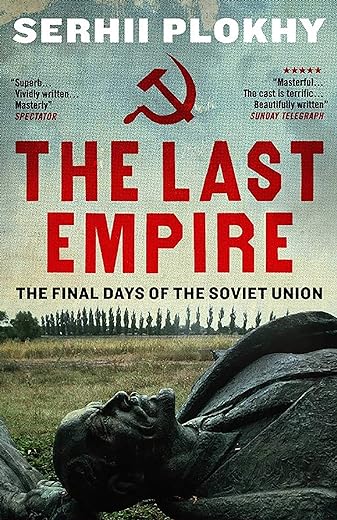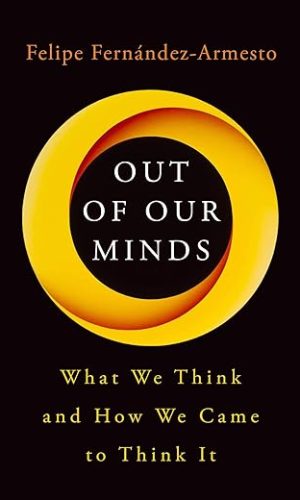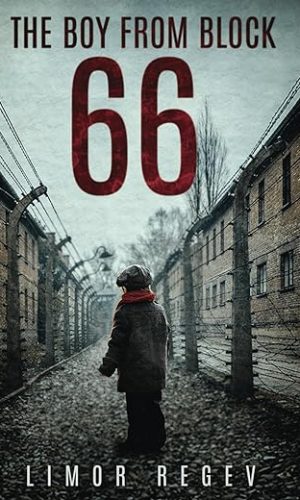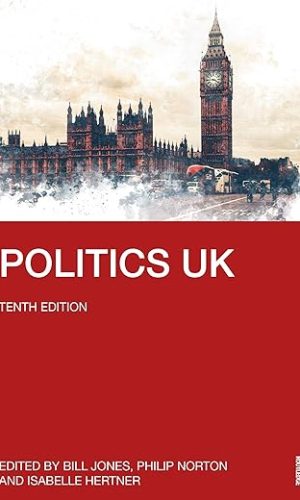The Last Empire: The Final Days of the Soviet Union
£0.90
WINNER OF THE PUSHKIN HOUSE RUSSIAN BOOK PRIZE 2015
On Christmas Day 1991 Mikhail Gorbachev resigned as president of the Soviet Union. By the next day the USSR was officially no more and the USA had emerged as the world’s sole superpower. Award-winning historian Serhii Plokhy presents a page-turning account of the preceding five months of drama, filled with failed coups d’état and political intrigue.
Honing in on this previously disregarded but crucial period and using recently declassified documents and original interviews with key participants, he shatters the established myths of 1991 and presents a bold new interpretation of the Soviet Union’s final months. Plokhy argues that contrary to the triumphalist Western narrative, George H. W. Bush desperately wanted to preserve the Soviet Union and keep Gorbachev in power, and that it was Ukraine and not the US that played the key role in the collapse of the Soviet Union. The consequences of those five months and the myth-making that has since surrounded them are still being felt in Crimea, Russia, the US, and Europe today.
With its spellbinding narrative and strikingly fresh perspective, The Last Empire is the essential account of one of the most important watershed periods in world history, and is indispensable reading for anyone seeking to make sense of international politics today.
Read more
Additional information
| Publisher | Oneworld Publications (7 May 2015) |
|---|---|
| Language | English |
| File size | 2403 KB |
| Text-to-Speech | Enabled |
| Screen Reader | Supported |
| Enhanced typesetting | Enabled |
| X-Ray | Enabled |
| Word Wise | Enabled |
| Sticky notes | On Kindle Scribe |
| Print length | 614 pages |










by S. Smedley
This book does a great job of getting to the nub of the question ‘Why exactly did the Soviet Union Collapse?’ The Americans would have you believe it was them. Rose tinted Western Europeans would say it was the fall of the Berlin Wall. Some Eastern Europeans would say it was them. Oh, and Boris Yeltsin would say it was him…
Having read this book it’s clear all those things in a small part were responsible and may well have caused the collapse in time. However the author here makes the case that really Ukraine and their declaration of independence is most responsible for why it collapsed WHEN it did. The Americans wanted to keep the USSR going! Which makes sense as the disintegration could have been a geopolitical nightmare (“Yugoslavia with nukes”). The chapters on the Coup are fascinating as are the details of Yeltsin and Gorbachevs rivalry. Thrilling stuff.
by Amazon Customer
This used Book was in outstanding condition. It was an ex-Library or research department Book, with a protected cover for the dust jacket, a thing I always like to see on hardcovers. It’s not the first book I have
bought from this Company, so far they have all been good buys. Plokhy is a good writer, and his expertise
on the collapse of the Soviet Union, is a much better reference than typical works of the anti-Soviet cold war warriors, out there in academia. I must get round to reading his other Books on this subject.
by Strv 74
This is not a book about the fall of the Soviet Union as one would think. This book is about the final six months of the Soviet Union seen from the perspective of a handful of top politicians in the USSR and the US. If you are looking for a history of the Fall of the Soviet Union this book is far too narrow in its approach to this question. It is like looking through a very narrow window trying to see a very wide object.
The Book more or less starts at full speed with the situation in the summer of 1991. What condition the Soviet Union was in and how it got there is something the reader must find out from other sources, unless you lived through it at the time. The Book ends when Gorbachev leaves his position as the first and last president of the USSR on December 25th 1991.
This is a very detailed study into what a number of important people said, thought and how they reacted to various events during this period. As such it can work as a sort of encyclopedia if you are looking for that kind of information. For me the book was almost like a flash-back to a period 23 years ago when all these major players were in the news on a daily basis. While reading the story as it is told you will recall other events that took place during this period and of course both before and after but involving the same people.
One of the strengths of the book is that it is actually helping the reader to understand the current events in Ukraina. Reading the standpoint of Mr. Gorbachev today you realize that he had the same view in 1991 and what is driving Mr. Putin was actually driving a number of Russians before him. We might not agree with their views (I certainly don’t!) but it is there and deeply entrenched into their minds.
Another thing that is of interest is Mr. Gorbachevs attempt to keep the Union by creating problems within the various republics. Serhii Plokhy does not tell us in detail but sort of implies that a conflict like the Transdnistrian problem in Moldova could actually be due to Mr. Gorbachevs “helpful” hands.
But the thing is that it is impossible to understand the fall of the Soviet Union without looking at the bigger picture. There is nothing in this book about the war in Afghanistan, the fall of the Berlin wall and the reunification of Germany, the hard hitting anti-alcohol campaign of president Gorbachev, the horrible state of the Soviet Economy etc. etc. For a reader without background it is incomprehensible how a former superpower like the USSR could face starvation a mere months after the attempted coup on August 19 1991.
Concentration also only on the top players we get almost nothing on what happened in the Soviet Union outside of the political struggle. There is no attempt to tell us how people were living and what problems they had. Another problem is that there is almost nothing on how the KGB, the Military or the Ministry of Interior Forces acted or reacted during this period. What shape were they in and why did they perform more or less as spectators during these historic events?
Serheii Plokhy tells us that the Soviet Union fell apart because democracy was introduced and people could vote. But voting is just a technical way of deciding a political question. You must know what you vote for or against. Why did they vote against the Soviet Union?
The Book is well written and of interest for those who would like to know what Mr. Gorbachev and Mr. Jeltsin said and did during six months in 1991. For those looking for an answer to why the Soviet Union fell apart this book is only a small piece of the puzzle. Serheii Plokhy set out to document what took place at the end of 1991 seen from the perspective of a few major politicians. He has fulfilled this task. I just think he used a too narrow approach.
by Alice Ross
I belong to the Gorby generation. But in this volume one learns the realpolitik of the collapse of the Soviet Union and Gorby does not cut the best figure. Yeltsin did not want more power, but Gorby did not have the imagination to share it with him.
by Karl Strobl
Many things are already said in other reviews. What I think is most relevant and makes this book very interesting and relevant itself is that it was written just before the events of 2014 and Crimea became a reality, but long enough after the events of 1991 to have many previously classified materials available for the first time. I read it to get a better understanding of the relationship between Russia and Ukraine, now that the 2022 war has been raging for three months. It was very worthwhile on that front, but still left me feeling that I need to read more on the subject, not because the book is missing things out from that period, but because the events of 1991 happened at a time when even Russia’s mindset did not at all reflect Putin’s.
by Tiresias
Provides a well researched, sourced and balanced insightful account of a crucial period on world history. I was in my 20s during the period of the fall of the Berlin Wall and the disintegration of the Soviet Union so I remember the news reports of the events discussed in this book, as well as the preceding time of tension with the Soviet Union and the surprise we felt when the fortress of Communism disintegrated so quickly. This well written book provides additional insight into what was happening behind the scenes and the driving forces.
by Will
A thoroughly informative analysis and breakdown of the collapse of Europe’s last great empire. I would highly recommend this book to anyone interested in Soviet history and to anyone looking for a greater understanding of the current geopolitical situation in the Slavic world.
by Brian Dawson
The author of this book offers an alternative theory to the generally accepted one that the dissolution of the Soviet Union was primarily an American victory with one that the real reason was in the relationship between Russia and Ukraine and the subsequent failure to come to an agreement that would have made both independent along with the other Slavic and Muslim republics of the union (excluding the Baltic states that gained outright independence) but still part of a confederation of former Soviet republics. I found the book very readable and would recommend it to anyone with an interest of this time period.